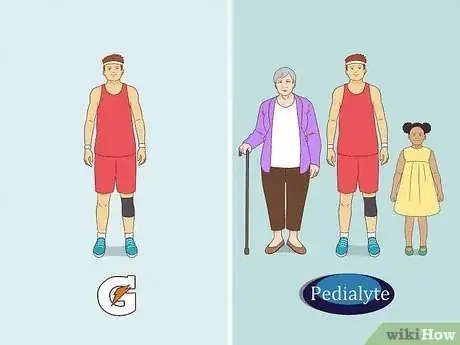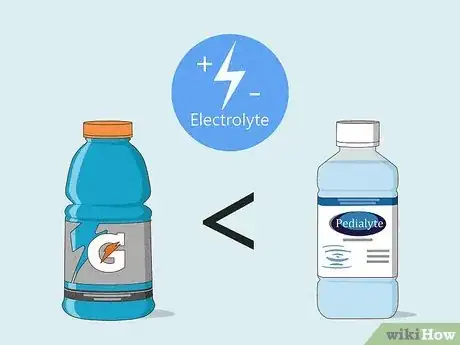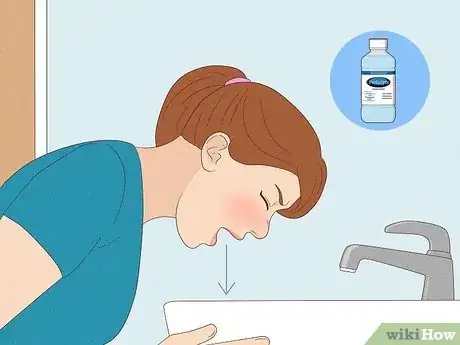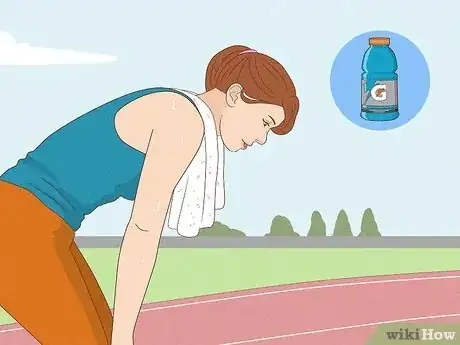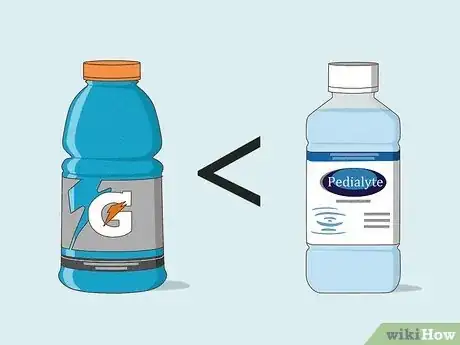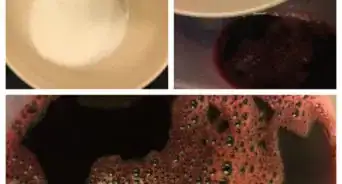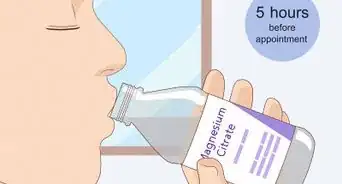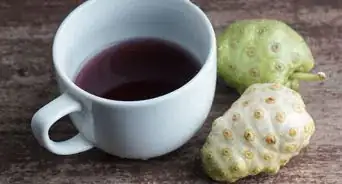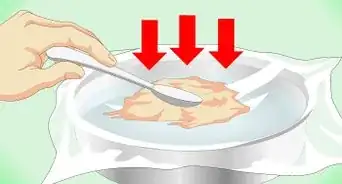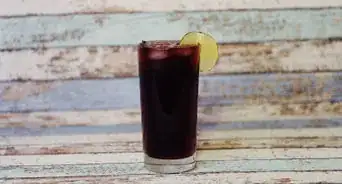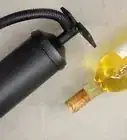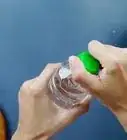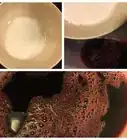This article was co-authored by wikiHow Staff. Our trained team of editors and researchers validate articles for accuracy and comprehensiveness. wikiHow's Content Management Team carefully monitors the work from our editorial staff to ensure that each article is backed by trusted research and meets our high quality standards.
There are 18 references cited in this article, which can be found at the bottom of the page.
This article has been viewed 1,555 times.
Learn more...
Pedialyte and Gatorade are hydrating, electrolyte-packed drinks, but they’re actually very different products. While both drinks combat dehydration, Gatorade is specifically formulated for sports recovery, while Pedialyte has multiple uses. If you’re still unsure about which drink to choose, here’s an in-depth guide on all the differences between Pedialyte and Gatorade (plus if it’s safe to drink either one daily).
Things You Should Know
- Gatorade is intended for athletes, while Pedialyte targets all ages—especially those looking to replace electrolytes from vomiting or diarrhea.
- Pedialyte offers more electrolytes than Gatorade, so it’s a better option in most cases. Gatorade has a high sugar content, only making it suitable for high-intensity sports recovery.
- Long-term consumption of Gatorade or Pedialyte isn't considered healthy. If you’re just thirsty, plain water is the best choice.
Steps
References
- ↑ https://www.ncbi.nlm.nih.gov/pmc/articles/PMC6682936
- ↑ https://sites.psu.edu/siowfa15/2015/09/15/the-science-behind-gatorade
- ↑ https://pubmed.ncbi.nlm.nih.gov/16931613
- ↑ https://medlineplus.gov/ency/article/002350.htm
- ↑ https://static.abbottnutrition.com/cms-prod/abbottnutrition-2016.com/img/Pedialyte%20EN_tcm1310-73180.pdf
- ↑ https://www.mayoclinic.org/diseases-conditions/dehydration/symptoms-causes/syc-20354086
- ↑ https://www.gatorade.com/fuel/hydration/gatorade-thirst-quencher/bottle/fruit-punch
- ↑ https://static.abbottnutrition.com/cms-prod/abbottnutrition-2016.com/img/Pedialyte-Classic.pdf
- ↑ https://www.hsph.harvard.edu/nutritionsource/carbohydrates/added-sugar-in-the-diet
- ↑ https://www.gatorade.com/fuel/hydration/gatorade-thirst-quencher/bottle/fruit-punch
- ↑ https://www.nutritionnews.abbott/nutrition-care/illness/what-to-eat-and-drink-during-and-after-stomach-flu
- ↑ https://static.abbottnutrition.com/cms-prod/abbottnutrition-2016.com/img/Pedialyte%20EN_tcm1310-73180.pdf
- ↑ https://pubmed.ncbi.nlm.nih.gov/11838884
- ↑ https://www.hsph.harvard.edu/nutritionsource/sports-drinks
- ↑ https://www.nbcnews.com/better/health/gatorade-good-you-when-you-should-drink-it-according-nutritionist-ncna898391
- ↑ https://www.ncbi.nlm.nih.gov/pmc/articles/PMC5537780
- ↑ https://alcoholrehabhelp.org/blog/pedialyte-hangovers
- ↑ https://alcoholrehabhelp.org/blog/pedialyte-hangovers
- ↑ https://www.nytimes.com/2017/01/26/magazine/letter-of-recommendation-pedialyte.html
- ↑ https://www.scripps.org/news_items/3988-when-to-pick-electrolyte-drinks-over-water
- ↑ https://static.abbottnutrition.com/cms-prod/abbottnutrition-2016.com/img/Pedialyte-Classic.pdf
- ↑ https://www.ncbi.nlm.nih.gov/pmc/articles/PMC6627949
